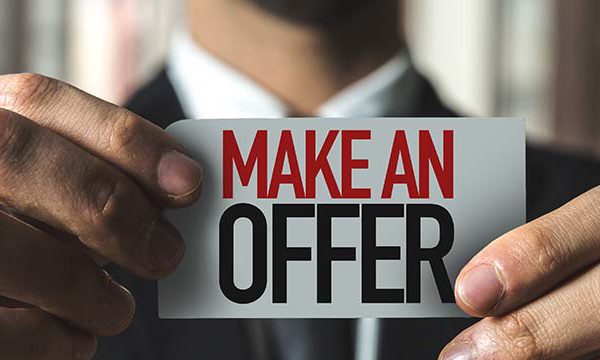Professional Negligence Claims
“Absolutely happy to contact Leonard Solicitors LLP. Appointments made easily, reaching them fast and everything was dealt with professionally.”

Professional Negligence Solicitors in Southampton
When relying on a professional service, you should feel that the job is in good hands. Sometimes, however, this can be anything but the truth. If the professional is negligent and this results in harm or losses to you, you could be entitled to compensation.
Professional negligence is where a professional person fails to perform the industry standards required of them, resulting in their customer suffering damages or harm.
We offer our litigation services to anyone who has suffered losses or harm as a result of professional negligence in the following line of work:
- Building and construction
- Engineering
- Finance & accounting
- Legal services
- Sports training
We can help you by evaluating the circumstances of your complaint and the consequences of the negligence of the professional. So that we can act on this and aim to claim compensation we will need to satisfy three areas:
- 1)Negligence. Where the service was so bad that it fell below the reasonably acceptable industry standards for that particular trade or profession
- 2)Causation. This involves how the advice or error had directly caused you harm, such as financial loss, injury or any other suffering.
- 3)Valuation. Here is where we seek to prove how much you have lost as a result of the harm or damage.
Often, professional negligence occurs after a professional provides advice or a service that is beyond their expertise or capability. We can identify if this is the case or, that an experienced professional overlooked a pivotal part of their responsibility, our expert professional negligence solicitors will talk you through your case in plain English and determine the key strengths and weaknesses of your claim.
FAQ’s
How do I know if the professional owed me a duty of care?
To establish the relationship between you and the professional, you may have received a receipt for the work being carried out. This can be used as evidence that the relationship took place and provide details of the professional’s responsibilities to you. Usually, this takes the form of a contract, or if it is a legal professional, a ‘client care letter’.
How do I know if the professional delivered a service that fell below industry standards?
This is known as a breach of duty and requires evidence of the professional’s negligent performance and not that they just didn’t perform their best. For example, if a personal trainer fails to ask their client questions related to any previous injuries and then their client injures themselves during a session, that personal trainer could be liable.
How can I prove that the professional was negligent?
You will need to provide us with any retainers, terms and conditions, emails, letters, or other documentation that proves your relationship with the professional and that their duty of care is owed to you. If your meetings took place in person, try and remember the dates and times of these, and write down what you remember as being discussed as this can also be used as evidence.
On top of this, you will need to collect evidence such as emails, correspondence, documents, or photographs showing the loss or damage caused.
FAQ’s
How do I know if the professional owed me a duty of care?
To establish the relationship between you and the professional, you may have received a receipt for the work being carried out. This can be used as evidence that the relationship took place and provide details of the professional’s responsibilities to you. Usually, this takes the form of a contract, or if it is a legal professional, a ‘client care letter’.
How do I know if the professional delivered a service that fell below industry standards?
This is known as a breach of duty and requires evidence of the professional’s negligent performance and not that they just didn’t perform their best. For example, if a personal trainer fails to ask their client questions related to any previous injuries and then their client injures themselves during a session, that personal trainer could be liable.
How can I prove that the professional was negligent?
You will need to provide us with any retainers, terms and conditions, emails, letters, or other documentation that proves your relationship with the professional and that their duty of care is owed to you. If your meetings took place in person, try and remember the dates and times of these, and write down what you remember as being discussed as this can also be used as evidence.
On top of this, you will need to collect evidence such as emails, correspondence, documents, or photographs showing the loss or damage caused.







